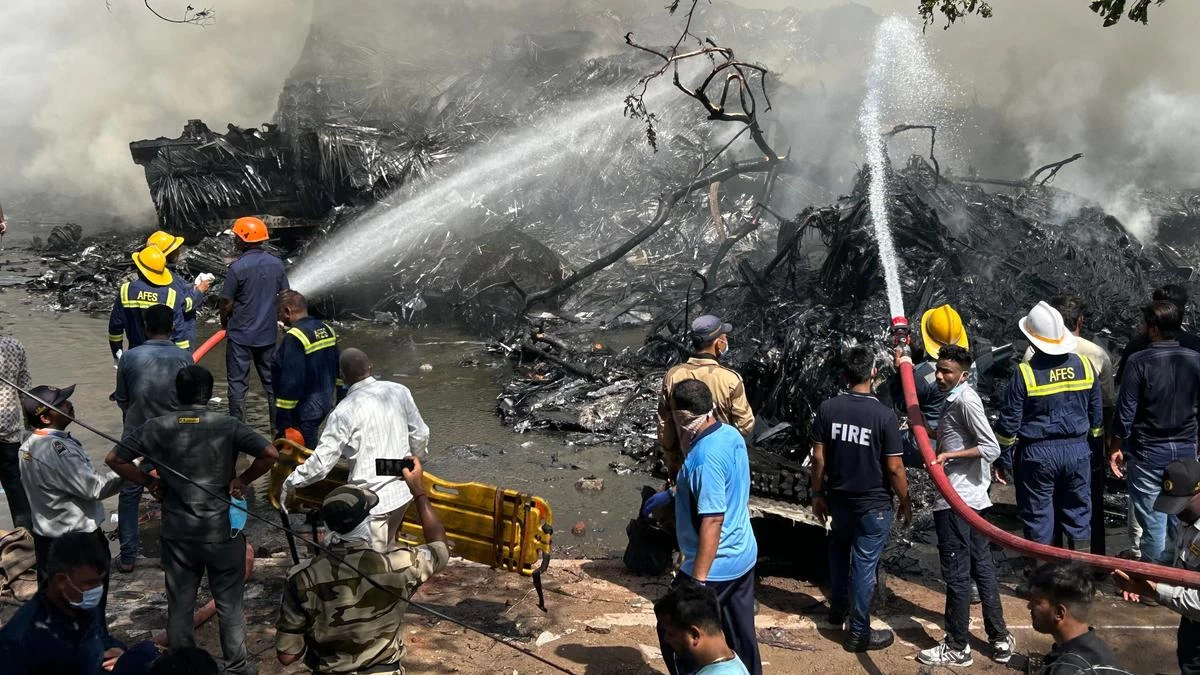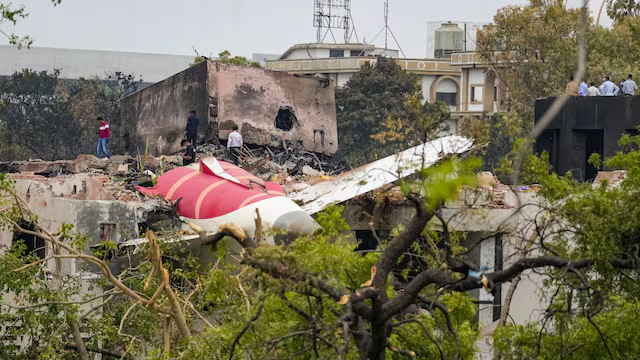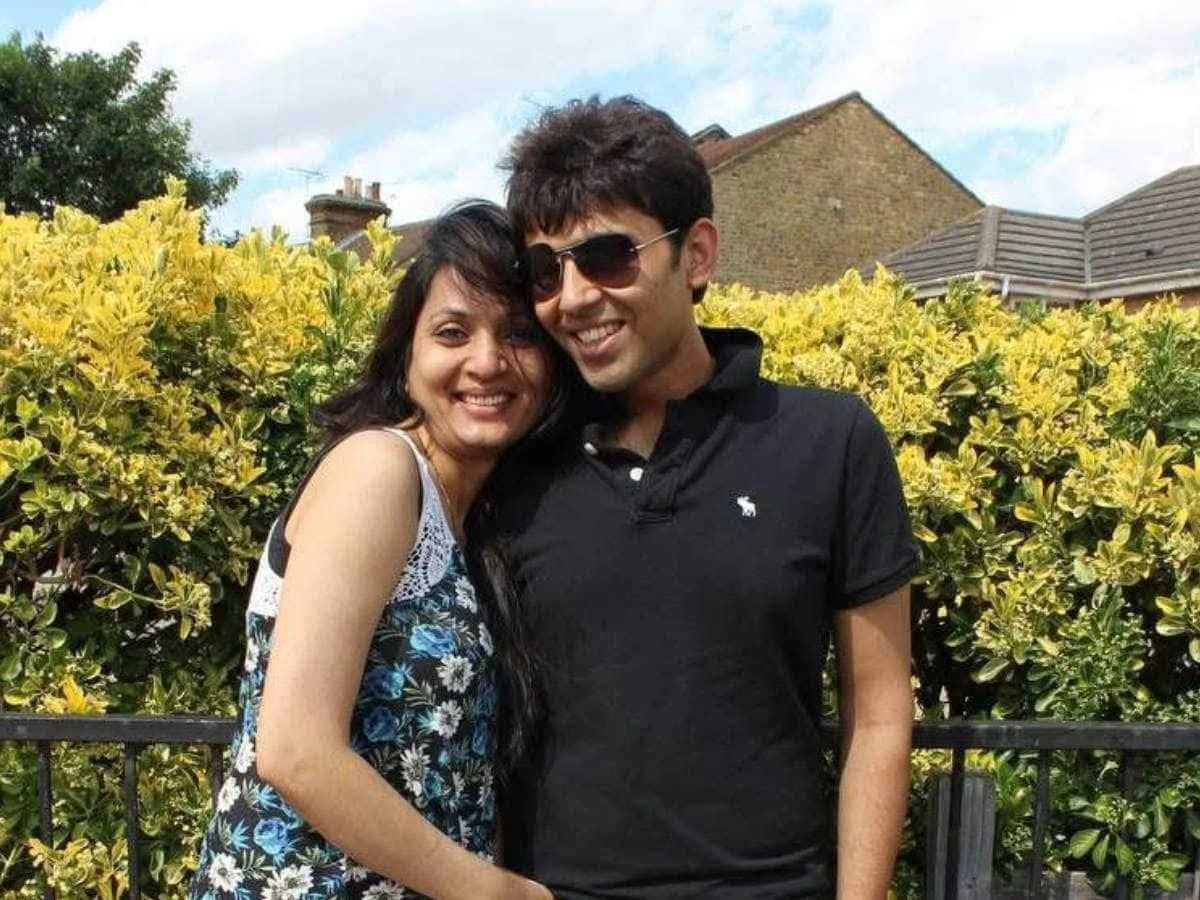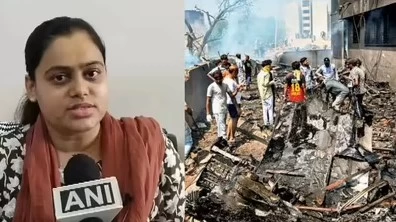Latest Updates
Justin Trudeau Accuses India of “Supporting Criminal Activity against Canadians” amidst Escalating Diplomatic Tensions between both Nations
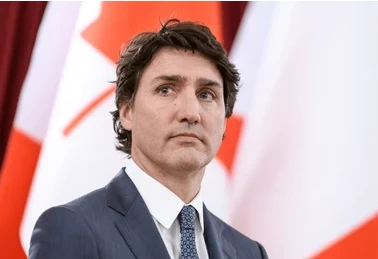
Canadian Prime Minister Justin Trudeau has asserted that India is "supporting criminal activity against Canadians" and engaging in "coercive behaviour targeting South Asian Canadians." Both countries expelled each other's envoys as diplomatic relations between the two nations continue to plummet. The expulsions come in the wake of claims linking "agents of the Indian government" to Nijjar's killing, a Canadian citizen, in June 2023.
During a press conference in Ottawa, Trudeau outlined the Canadian government’s stance, stating that Canadian officials have attempted to cooperate with India, but the response has been to “deny, to obfuscate, to attack me personally and the integrity of the government of Canada." Hours before this press conference, the Royal Canadian Mounted Police held a briefing to disclose new allegations implicating Indian government agents. “It is obvious that the government of India made a fundamental error in thinking that they could engage in supporting criminal activity against Canadians here on Canadian soil, whether it be murders or extortion or other violent acts,” Trudeau said. He added, “That is why we have taken such significant measures, why the RCMP chose to come out today and disrupt the pattern of Indian diplomats collecting through questionable and illegal means information on Canadian citizens.” Trudeau claimed this information was then passed to criminal organizations that could carry out violent actions.
In the wake of the accusations, India expelled six Canadian diplomats and announced the withdrawal of its High Commissioner and other targeted officials from Canada. This followed the summoning of Canadian Charge d'Affaires Stewart Wheeler, who was informed that the “baseless targeting” of Indian diplomats was "completely unacceptable." The Ministry of External Affairs (MEA) stated that six Canadian diplomats, including Wheeler and Deputy High Commissioner Patrick Hebert, must leave India by 11:59 PM on October 19. India had received a diplomatic communication from Canada indicating that its High Commissioner and other diplomats were considered "persons of interest" in the ongoing investigation. India characterized these accusations as "ludicrous.”
Previously, Trudeau mentioned “credible allegations” linking Indian intelligence to Nijjar’s murder, leading to a series of retaliatory actions between the two countries. Trudeau and Canadian Foreign Minister Mélanie Joly indicated they have been in communication with Indian Prime Minister Narendra Modi and External Affairs Minister S. Jaishankar regarding the situation. Joly remarked that the “sitting diplomats” were involved in violent acts that surged after Trudeau's allegations about India’s potential involvement in Nijjar's murder. When asked about further actions, Joly responded, “Everything is on the table.” In response to the ongoing tensions, Indiahad previously criticized Trudeau's government for baselessly targeting its officials, stating, “We have no faith in the current Canadian Government’s commitment to ensure their security.”
Hardeep Singh Nijjar, who immigrated to Canada in 1997 and became a citizen in 2015, advocated for Khalistan, a proposed Sikh state carved out of India. He was wanted by Indian authorities on charges of terrorism and conspiracy to commit murder. Four Indian nationals have been arrested in connection with Nijjar's murder, which occurred in the parking lot of a Sikh temple in Vancouver.





